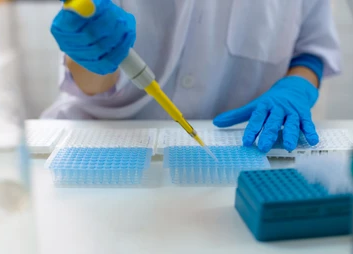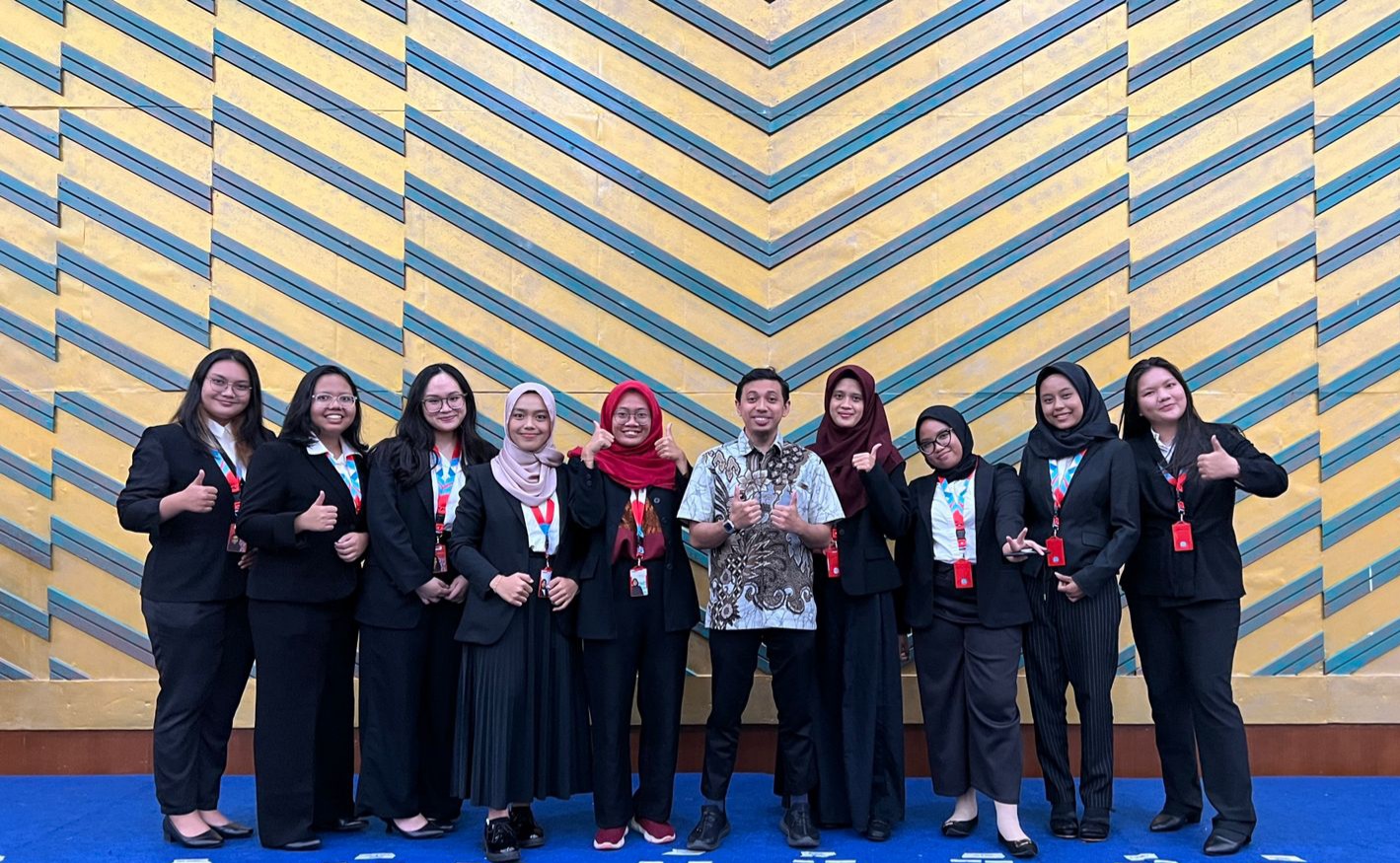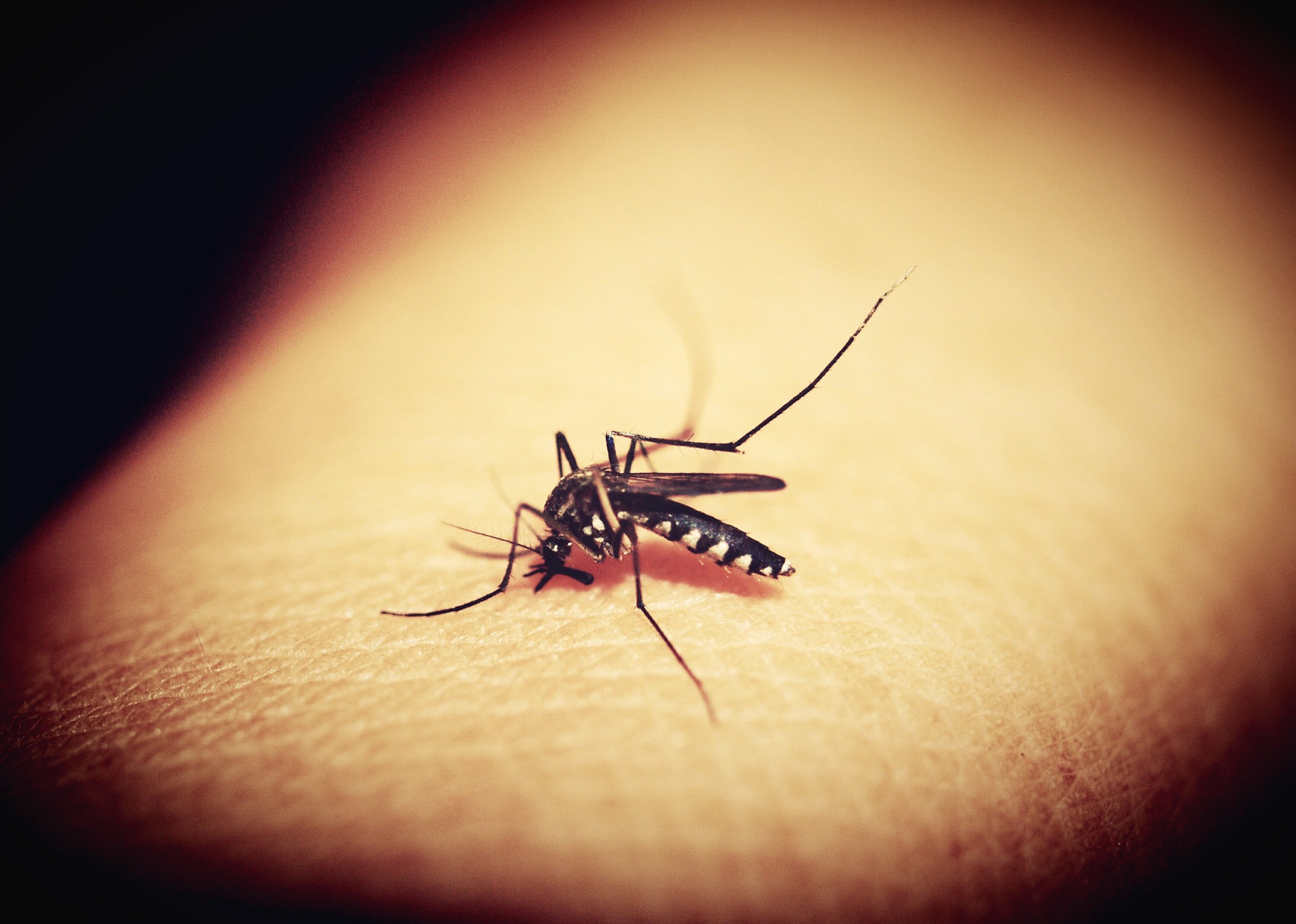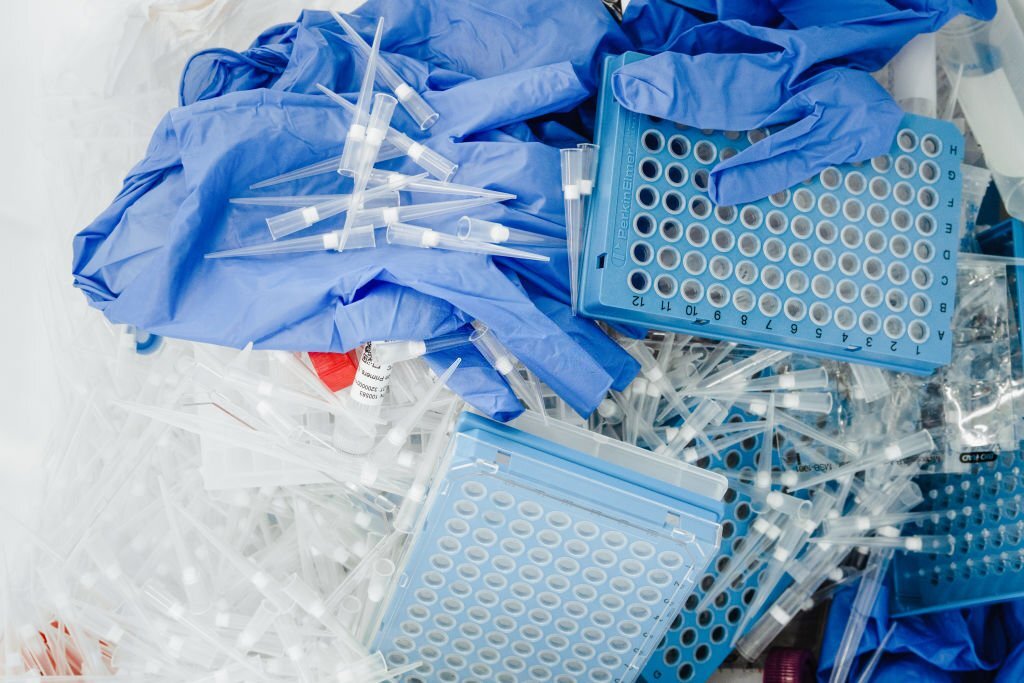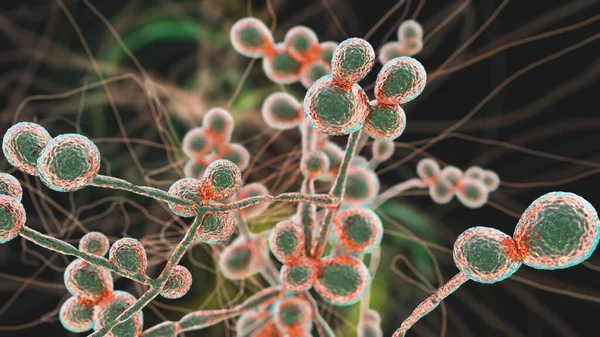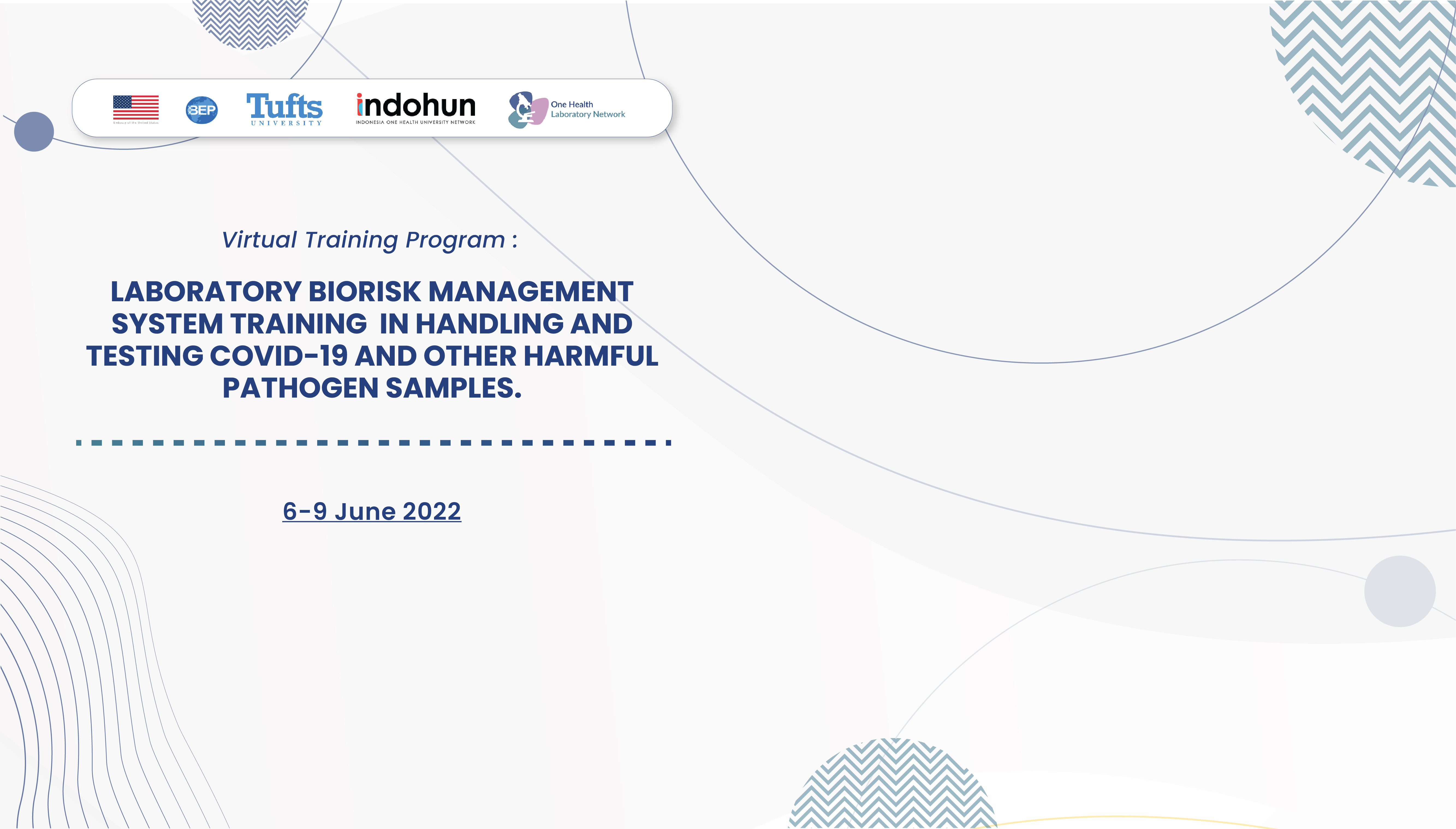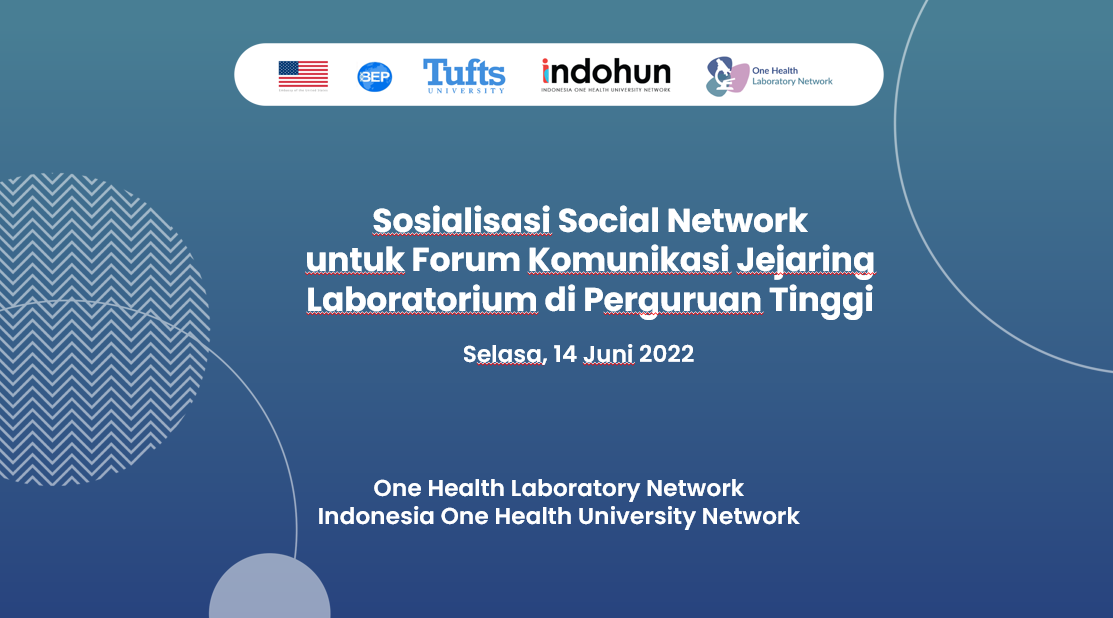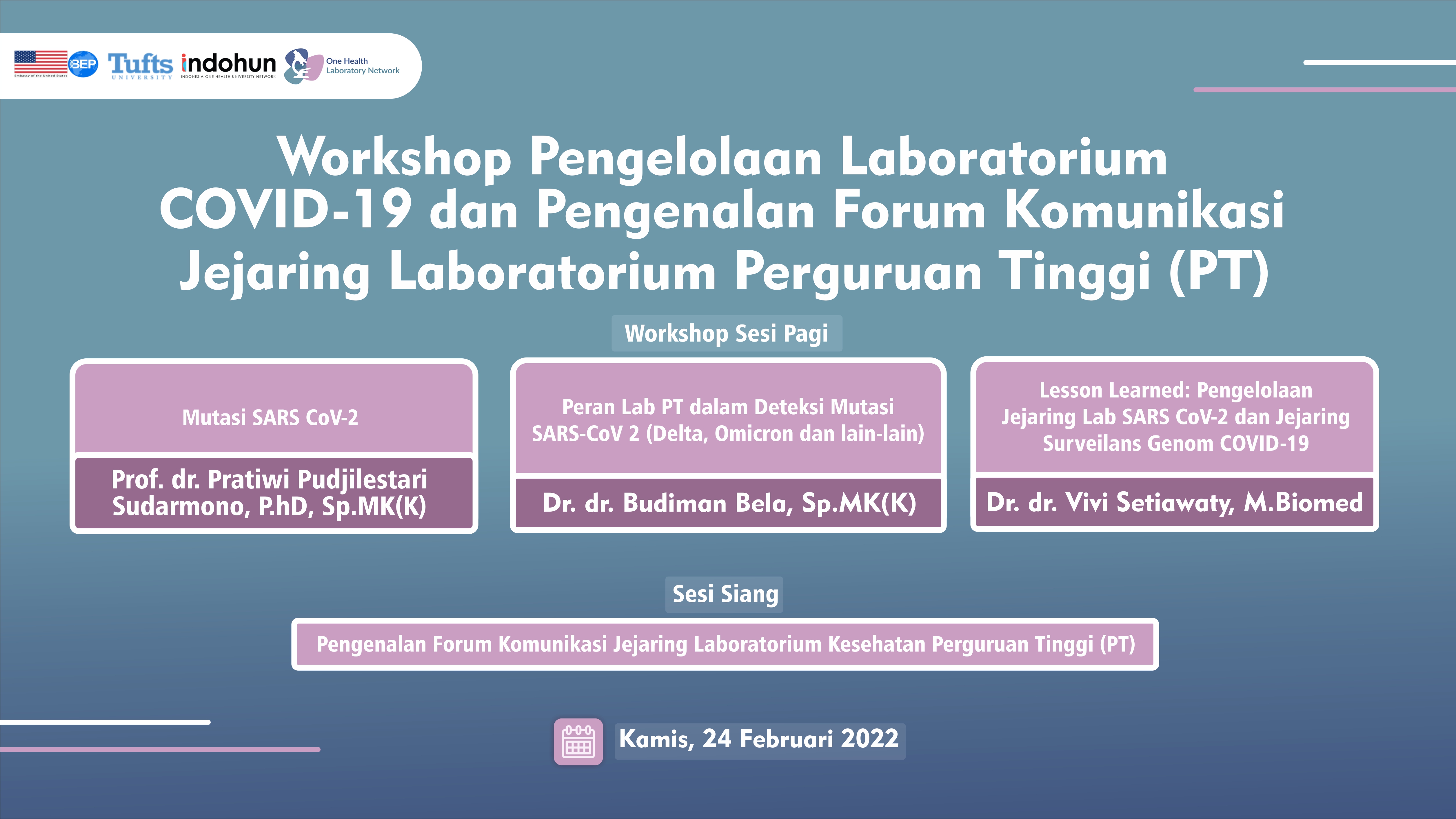Laboratory examinations have been used by doctors for centuries to confirm disease diagnoses. Before the discovery of the microscope, laboratory examinations were conducted macroscopically, relying on the bare eyes to observe various types of specimens such as urine and feces. However, macroscopic examinations alone could not reveal microscopic changes, such as the type and form […]
Biosensors and One Health: A Promising Tool for Early Disease Detection and Intervention
Biosensors and One Health: A Promising Tool for Early Disease Detection and Intervention
The current state of global health is a matter of urgent concern, especially in light of the ongoing COVID-19 pandemic. With new and emerging health threats, it is crucial to have the proper tools that can quickly and accurately detect, diagnose, and surveil diseases. Technological advancements like biosensors might have the potential to help with […]
Risk Identification in Laboratory
Risk Identification in Laboratory
Working in a laboratory is inseparable from the risks that might occur. The laboratory is a place with great potential risks with various sources and types of risks. Risks that can occur include physical hazards, chemical hazards, biological material hazards, and other hazards. When viewed from the potential hazards that occur in the laboratory, it […]
Take a Peek Into The Excitement of An Internship at OHLN!
Take a Peek Into The Excitement of An Internship at OHLN!
It has been almost three months since the One Health Young Leaders Independent Campus Certified Internship program began. So many things have been done during this internship at INDOHUN, from attending a series of lectures and doing assignments to participating in internship activities in the OHLN (One Health Laboratory Network) division which are still ongoing. The […]
World Malaria Day: An Overview of Malaria Disease
World Malaria Day: An Overview of Malaria Disease
Malaria is an infectious disease caused by a parasite, the protozoan genus Plasmodium, and is usually transmitted through mosquito bites, particularly from female Anopheles mosquitoes. Only female Anopheles mosquitoes can cause malaria because females can bite and suck blood to obtain nutrients and protein for their eggs, while males cannot. When a mosquito infected with […]
Laboratory Waste Management
Laboratory Waste Management
Various activities carried out in the laboratory, such as research, quality testing, and sample analysis can produce various kinds of waste, both chemical, biological, radioactive waste, and even a mixture of these various types of waste. Without proper handling, this waste can endanger laboratory workers, the surrounding community, and can cause environmental pollution. However, there […]
The New Urgent Threats Come from Fungi? The relationship between Candida auris and Laboratory
The New Urgent Threats Come from Fungi? The relationship between Candida auris and Laboratory
Over the past decade, fungal infections have become a cause for concern as the mortality rate caused by fungal infections in humans has risen sharply. Starting from deaths caused by fungal poisoning to mold infections, such as the case of black mold (Mucormycosis) in India and now there is a new threat from Candida auris […]
Laboratory Biorisk Management System Training in Handling and Testing COVID-19 and Other Harmful Pathogen Samples
Laboratory Biorisk Management System Training in Handling and Testing COVID-19 and Other Harmful Pathogen Samples
Coronavirus Disease 2019 (COVID-19) is an infectious disease caused by SARS-CoV-2, which was first discovered at the end of 2019 and is still a fairly dangerous infectious disease. Currently worldwide, there are more than 5 41 million people who have been infected with COVID-19, and around 6 million cases were found in Indonesia with a […]
Socialization of Web Social Network for Laboratory Network Communication Forum in Higher Education (PT)
Socialization of Web Social Network for Laboratory Network Communication Forum in Higher Education (PT)
INDOHUN through the OHLN program has held a COVID-19 Laboratory Management Workshop and Introduction to the Higher Education Laboratory Network Communication Forum (PT) on Thursday, 24 February 2022. Follow up on this initiative, INDOHUN has created a platform and organized a Web Social Network Socialization activity for the Laboratory Network Communication Forum in Higher Education […]
COVID-19 Laboratory Management Workshop and Introduction to The University Laboratory Network Communication Forum
COVID-19 Laboratory Management Workshop and Introduction to The University Laboratory Network Communication Forum
The COVID-19 pandemic is still affecting nearly every country on the planet, including Indonesia. Laboratory capacity in terms of COVID-19 inspection capability and safety must be increased. COVID-19 testing is a necessity for certain activities as well as one of the screening strategies for discovering COVID-19 instances in the community. Since the beginning of the […]
